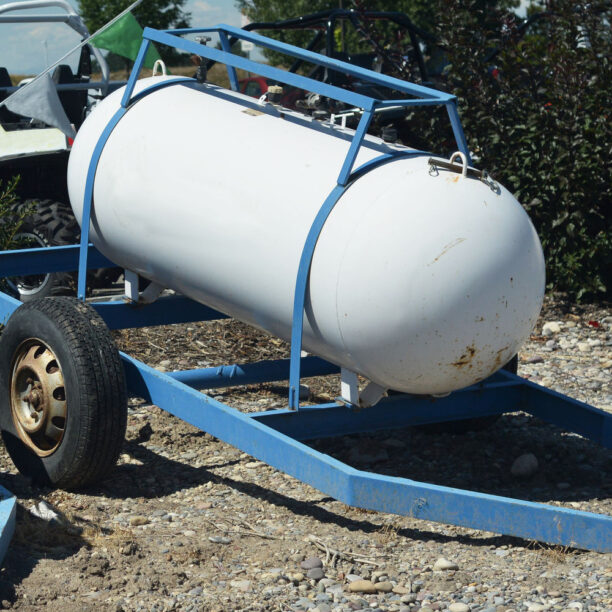Extending Durability in Propane Equipment

Enhancing Longevity Through Maintenance and Innovation
For propane delivery businesses, equipment reliability and efficiency are pivotal to operational success. Maximizing the lifespan of propane delivery equipment not only ensures continuous service to customers but significantly reduces operating costs over time. Here, we examine a variety of strategic approaches to prolonging the durability of tanks, trucks, and related delivery systems, ensuring that they serve your business effectively for as long as possible.
Regular Maintenance and Inspections
Scheduled Check-ups: Implement a routine maintenance schedule for all equipment. Regular check-ups can identify and rectify minor issues before they escalate into major problems.
Inspection Protocols: Adhere to strict inspection protocols that align with industry standards. Ensure tanks, hoses, valves, and trucks are inspected regularly for signs of wear, corrosion, or damage.
Training and Operator Awareness
Operator Training: Train operators in properly using and handling propane equipment. Knowledgeable handling can prevent unnecessary stress and damage to equipment.
Safety Practices: Educate staff on safety practices that protect the equipment. Proper shut-down procedures, fuel handling, and emergency responses can mitigate risks to equipment integrity.
Investing in Quality
High-Quality Equipment: Invest in high-quality propane delivery equipment from reputable manufacturers. While the initial cost may be higher, the longevity and reliability of premium equipment can lead to cost savings in the long term.
Technology Upgrades: Stay updated on technological advancements in the propane industry. Upgrading to more efficient and robust equipment can enhance operational efficiency and equipment lifespans.
Environmental Considerations
Weather Protection: Protect equipment from harsh weather conditions. Implement protective measures such as tank covers and storage solutions for trucks and hoses.
Corrosion Prevention: Apply corrosion-resistant coatings and regularly inspect for signs of rust. Address any corrosion issues promptly to prevent further damage.
Efficient Operation and Utilization
Optimized Routes: Optimize delivery routes to minimize unnecessary mileage and truck wear. Efficient routing contributes to fuel savings and reduces the mechanical strain on vehicles.
Load Management: Ensure proper load distribution and avoid overloading equipment. Consistent adherence to load guidelines maintains equipment integrity and safety.
Record Keeping and Data Analysis
Maintenance Records: Maintain detailed records of maintenance, inspections, and repairs. Analyzing this data over time can reveal patterns and areas for improvement in equipment management.
Performance Monitoring: Utilize performance monitoring tools to track equipment efficiency and identify when equipment may need servicing or replacement. Early detection of performance dips can guide preventative maintenance.
Partnering with Service Providers
Service Contracts: Consider service contracts with equipment manufacturers or specialized service providers. Regular professional servicing can extend the life of your equipment.
Expert Consultations: Engage with equipment experts for maintenance, upgrades, and replacement planning advice. Leveraging their expertise can optimize equipment management strategies.
A Proactive Approach to Equipment Longevity
Maximizing the lifespan of propane delivery equipment is a multifaceted effort that requires a commitment to maintenance, investment in quality, operator training, and a proactive approach to equipment management. By implementing these strategies, propane delivery businesses can ensure their equipment remains reliable, efficient, and effective for the long haul, ultimately contributing to the sustainability and profitability of their operations.













